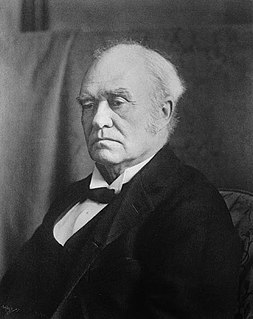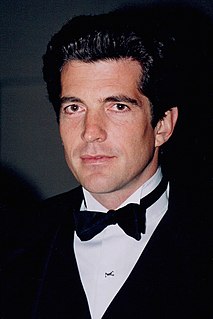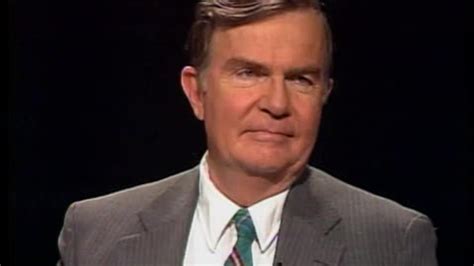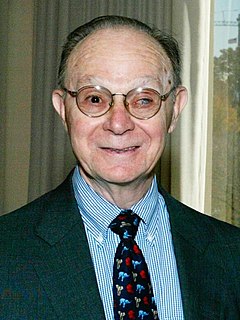A Quote by Slavoj Žižek
Obama has already demonstrated an extraordinary ability to change the limits of what one can say publicly. His greatest achievement up to now is that, in his refined non-provocative way, he has introduced into public speech topics which had hitherto been de facto unsayable: the continuing importance of race in politics, the positive role of atheists in public life, the necessity to talk with "enemies" like Iran or Hamas, and so on. This is just what US politics needs today more than anything, if it is to break out of its gridlock: new words which will change the way we think and act.
Quote Topics
Ability
Ability To Change
Achievement
Act
Anything
Atheists
Been
Break
Break Out
Change
Continuing
Enemies
Extraordinary
Greatest
Greatest Achievement
Gridlock
Had
Hamas
His
Hitherto
Importance
Introduced
Iran
Just
Life
Like
Limits
More
More Than Anything
Necessity
Needs
New
New Word
New Words
Now
Obama
Out
Politics
Positive
Provocative
Public
Public Life
Publicly
Race
Refined
Role
Say
Speech
Talk
Than
Think
Today
Topics
Up
Us
Way
Which
Will
Words
Related Quotes
Obama is not just a powerful speaker, but a thinker engaged with the ideas of his country and his age--this argument by historian James Kloppenberg should therefore fascinate anyone interested in American politics or how ideas shape public life. Tracing the influences of Obama's family, educational, and work experiences on his ideas, Reading Obama locates a unique individual in the crosscurrents of American democracy and continuing fights over American ideals.
[The American public demands] a sense of legitimacy from and in the presidency. There is more to this than dignity, more than propriety. The president is expected to personify our betterness in an inspiring way, to express in what he does and is, not just what he says, a moral idealism which, in much of the public mind, is the very opposite of politics.
They are wrong who think that politics is like an ocean voyage or a military campaign, something to be done with some particular end in view, something which leaves off as soon as that end is reached. It is not a public chore, to be got over with. It is a way of life. It is the life of a domesticated political and social creature who is born with a love for public life, with a desire for honor, with a feeling for his fellows; and it lasts as long as need be.
God Himself - His thoughts, His will, His love, His judgments are men's home. To think His thoughts, to choose His will, to judge His judgments, and thus to know that He is in us, with us, is to be at home. And to pass through the valley of the shadow of death is the way home, but only thus, that as all changes have hitherto led us nearer to this home, the knowledge of God, so this greatest of all outward changes - for it is but an outward change - will surely usher us into a region where there will be fresh possibilities of drawing nigh in heart, soul, and mind to the Father of us all.
When I was a child, for a public/civil servant to be caught in corrupt practices, that individual will be a pariah. He will be a complete reject of the society; he/she could not raise his or her voice to speak in the public. So what happened between that time and now? That time when a public officer, prison or customs officer caught in corruption hides his face in shame amongst his peers, he just couldn't come out publicly. Today, when they come back, they get chieftaincy titles, they are received in grand style, cows are killed, they ride on white horses.
To act: that is what the writer would like to be able to do, above all. To act, rather than to bear witness. To write, imagine, and dream in such a way that his words and inventions and dreams will have an impact upon reality, will change people's minds and hearts, will prepare the way for a better world.
Milton Friedman had the grace and good sense to recognize that he wanted to talk to the general public. He wasn't going to just lecture to the people who happened to appear in his classroom in Chicago or on some lecture circuit. He went out to talk to the general public, believing that you had to convince a democratic nation to change its ways, and he succeeded to a considerable extent.









































